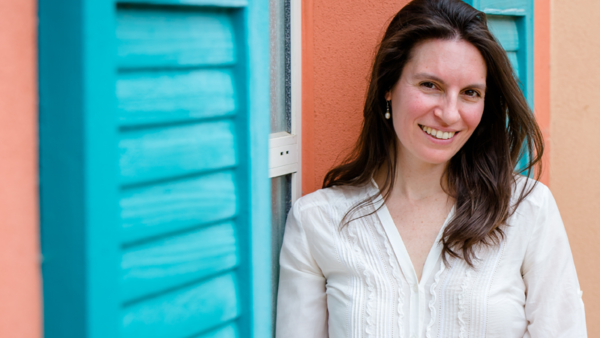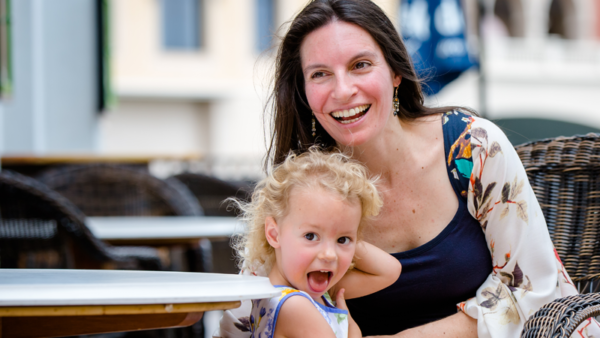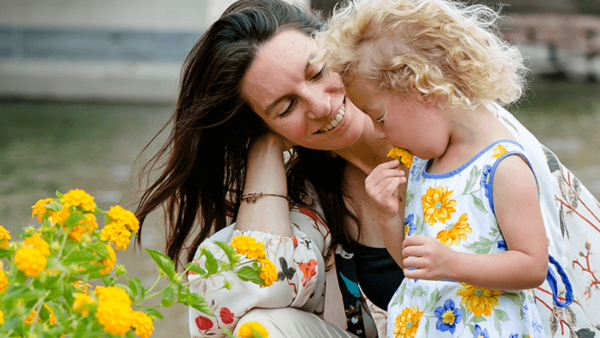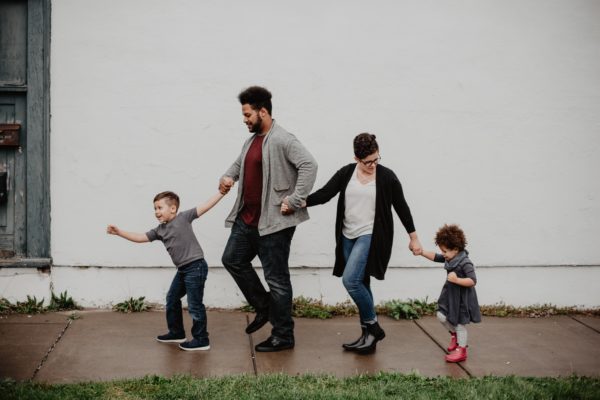A friend recently asked me about a scenario. As I understood it, it goes like this:
A parent takes a 10 year old boy to his regular pediatric appointment. They’ve had a great relationship with this doctor for many years. The doctor tells the parent that now that the boy is 10, the boy may want to have his exam in private, and the pediatrician asks the parent to step out. The parent decides to go along with it, though it’s a surprise, and leaves the boy alone with the pediatrician.
Afterwards, the parent doesn’t feel right about it all and queried the boy to learn what happened during the time he was alone with the doctor. The parent learns that there was a genital exam and wonders if it was an unsafe situation. The family would like to continue with this doctor but also wants clearer boundaries and consent.
There’s a lot to say about this situation. The piece of primary importance to me is sexual abuse prevention, because there are many examples of doctors and trainers who victimized children. I hope this pediatrician isn’t another Dr. Nassar, but with a scenario like this, there is the risk.
Medical Consent & Privacy
The fact is, legally and medically, the child is not in a position to consent. Therefore, I would not have expected the doctor to have alone-time with 10-year-olds as a standard practice. Even if it is his normal practice, I’d have expected the pediatrician to inform the family well in advance of any policy shifts which are tied to a particular age or milestone.
My daughter had her pediatric appointment recently, and I brought up this question. Our family’s medical group does not have a practice like this. While examining the genitals is a normal part of their exam for a 10 year old male, they would not ask the parent to leave the child alone with the doctor.
At some point, however, I expect any teen would want privacy with their pediatrician. The doctor could offer that option and ask the teen if they would like the parent to step out. The doctor could then ask the parent if they consent to certain conversations and/or exams happening without the parent in the room.
That’s still leaving a minor alone with an adult, an adult who has legitimate authority to examine private parts, so it would be safest to go one step further. A doctor who is aware of best practices to minimize risk of child sexual abuse might invite in an independent observer. Any nurse or physician’s aide can step into the exam room in lieu of the parent, and that person is subjected to the same level of doctor-patient confidentiality. Of course, consent for the independent observer would also need to be obtained from the guardian and child.
Until the child requests privacy, though, it would be safest for everyone involved if the parent stays in the room. The doctor certainly doesn’t want any liability, and in general, children are always safer with their guardian present.
Conversations to Have
This boy’s parents might want to have several conversations with him. I would ask my son, do you want to go back? Often we get a queasy feeling and avoid abusive situations. We’re ok with a doctor examining us when the doctor is neutral and professional, but if that same person pushed boundaries or became aroused – that feels very different. I’d ask my son if he still trusts and feels comfortable with this doctor.
With an older child, I might also note that abusers groom children by starting small, normalizing a minor infringement of boundaries, and slowly intensifying. That might be comforting to a parent in this situation: likely nothing too big and bad happened in this appointment, even if it was unsafe. While I would never expect a child to be able to track the grooming process, an older child might understand the lesson here. Any adult asking for alone-time with my child is a red-flag situation for me.
Then there’s the privacy piece. Does my son even want privacy? Would he actually feel better with a parent in the room? If so, I’d tell my child, “I’m not going to leave unless you want me to.” I’m my child’s ally first and foremost.
In talking with the pediatrician, I’d ask, “What steps do you take to mitigate the risk of a child saying that something inappropriate happened?” I’d ask the doctor to let my son choose privacy or not, and to preview with me and my son what was going to happen while I was out of the room. I’d even ask whether the doctor intended to wear gloves while doing the genital exam, if touch is involved. I would want my son to know exactly what to expect.
Many pediatricians are 100% on top of consent and sexual abuse prevention. They use their sessions with families to model and reinforce healthy boundaries and consent. Others are less sensitive, less well informed. They may be very capable doctors, and at the same time, this is a place where parents can advocate for a change for the better.
I hope this blog post empowers each of us to ask questions and think critically about best practices for authority figures who might otherwise get an implicit pass.
In support of you,
Anya
P.S. Have a comment or question? Please add your thoughts below!
P.P.S. Is there something on your mind that’s too private for this forum? Jump on my calendar for a free consultation.









3 Comments. Leave new
1) As a pediatric provider for decades, I always had a standard line of telling the younger children that part of a complete physical was having all their body parts checked for good health, then naming the genitals and saying “they are a part of your body, so we need to make sure they are healthy, but people call them private parts because most of the time no one should see them, and the only reason it is okay for me to check is because [caregiver] is here with us.”
After the Nassar details came out, I found myself really struggling with wording, because having parents present did not make those scenarios safe. Now I give a much longer preamble addressing both the child and the parents, explaining that anyone who needs to examine such areas must ask you and your caregiver permission first, that it IS recommended as part of their exam but they CAN decline it, that the examiner and the patient must be visible to the caregiver, that the examiner must wear gloves, and I dictate each step of the exam and explain what I am feeling or doing, etc…
2) I start at the 11 and 12-y-o visits to tell the children and their caregivers that soon when they come for physicals they will have private time with me for at least a few minutes because we NEED to be able to discuss private details that affect safety (and what they admit/say with a parent present vs. not would astound some people). At age 13 I ask the adult to leave the room for at least a couple minutes, talking time, child still dressed, but the patient can choose whether the adult will return after the interview to be present for the exam. Usually the younger teens want them to come back in for the exam, but by about 15-16 they all ask the caregivers to stay out of the whole event.
I always ask if they want me to bring in an assistant or other witness for the exam, and no one ever exercises that option in my office. I think that would probably be the best solution, though the institution might push back finding it expensive to pay someone “just” for that activity.
thank you for your thoughtful and transparent reply, JJ! Everything you wrote sounds carefully thought out to balance all the different needs. One question though: with sex-ed in schools here in California, parents used to have to opt their kids in, and now it’s the opposite, parents have to opt them out. The assumption is that we should encourage (but not require) the one which produces the best outcomes, and by defaulting to sex-ed, more students receive it. Would the same thinking apply to bringing in an assistant? default to that as standard protective practice, and deviate if the family feels strongly enough to decline?
Anya, thank you very much for writing this article. My child isn’t anywhere close to 10. I’ll definitely use some of these great ideas, if and when this situation arises.